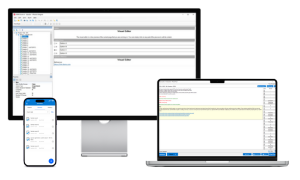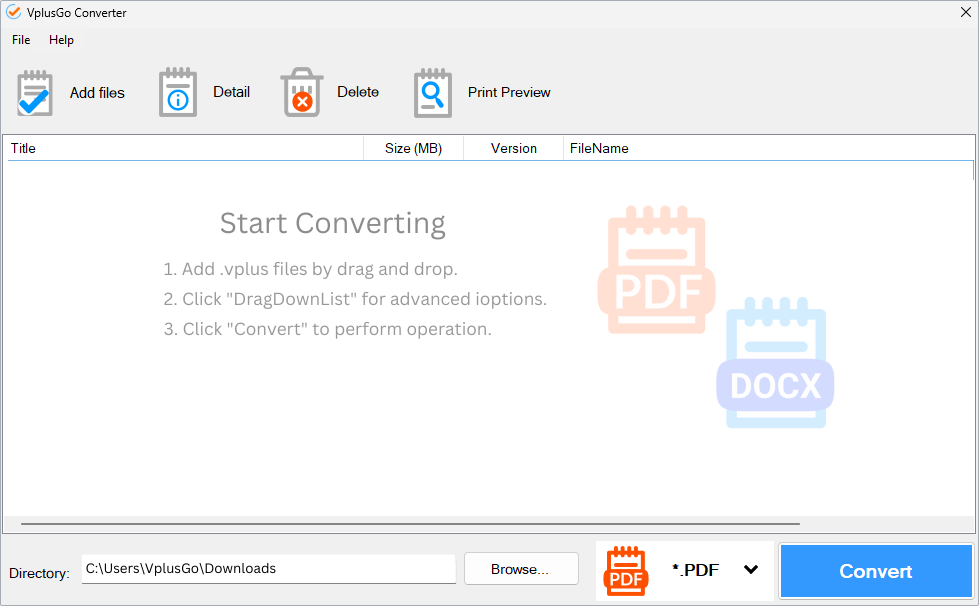10 Skills To Become A Data Analyst
There’s no straight path to becoming a Data Analyst or a Data Scientist, but there are a number of skills companies are looking for along with a good number of IT certifications to choose from.
Big data is big news — and big business — nowadays, so it’s no wonder IT pros are looking for ways to cash in on this rich vein of job opportunity. This week we get a chance to help somebody who’s got a particularly strong background in computing and business, which makes a great combination for someone with big plans for a job as a Data Scientist or a Data Analyst.
Our correspondent this week is Anoop, a Product Marketing professional with almost three years of on the job experience and both a bachelor’s and a master’s degree. Although he enjoys the technical aspects of his current role, Anoop wants to move his career forward to the next level and is looking into big data and analyst type positions.
With his sights set on becoming a Data Scientist/Data Analyst, we recommend a look at big data certifications along with a deep dive into statistical programming languages, databases, big data tools and other sought-after big data skills.
10 Skills To Become a Data Analyst
A Data Scientist or a Data Analyst (sometimes also called a Data Engineer) needs to have a good understanding of both engineering and statistics. A love of math and numbers won’t hurt either. However, the role is still very broad and what you do as a Data Scientist will really depend on the company you work for and their data needs.
Here are some skills that you might need to become a Data Scientist:
- Know how to set up the data infrastructure
- Know how to provide data analysis and create data visualizations
- Experience with databases and database querying languages (like SQL or MySQL)
- Familiarity with big data tools (like Hive or Pig)
- Experience with statistical programming languages (like R or Python)
- Being comfortable with math (like linear algebra, calculus and probability)
- A good understanding of statistics (like hypothesis testing and summary statistics)
- An understanding of machine learning tools and techniques
- Understanding of data wrangling or data munging and the related tools
- Software engineering skills (like distributed computing, algorithms and data structures)
At first sight, all of this might seem a bit overwhelming, but think of it as a journey and don’t think that you need to learn all of this all at once. Get started with a big data certification and then dive deeper into the skills that interest you the most.
As for SMAC, this is still new enough that I’m not aware of any certifications that focus directly on the four areas or social, mobile, analytics and cloud in a single credential. Though given its popularity and growing cachet, I’m sure that condition won’t last very long. I did post about this situation back in late 2012 and wrote a blog post for Pearson entitled Social Media: Valid Certs or Snake Oil? which conveys the tone and tenor of what I found at that time. Things have probably changed quite a bit since then, however, and will continue to change at an accelerating pace going forward. I plan to investigate here, and report on the situation for Tom’s IT Pro soon, so you’ll want to stay tuned to the site in that regard.
In the meantime, I’d suggest digging into the current big data certifications, and picking one or two of them to pursue. I wouldn’t recommend commencing a new job search until you’ve earned at least one credential, perhaps more, depending on the specifics involved. There’s no point in putting yourself out there until you’ve got at least a reasonable expectation of success.
Best of luck in your career and certification planning. I hope you’ve found these answers at least thought-provoking, if not both interesting and helpful.



